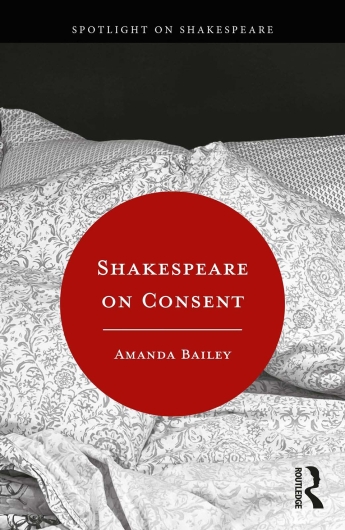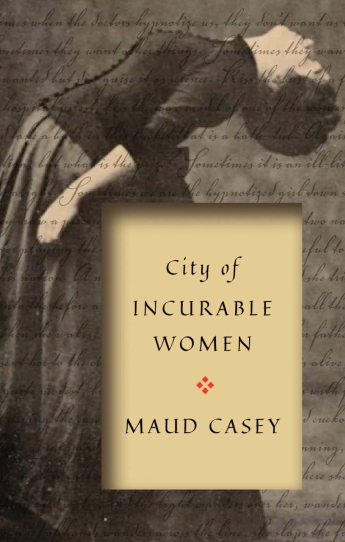Amanda Bailey

ADVANCE Professor, English
Department Chair, English
abailey7@umd.edu
2119 Tawes Hall
Get Directions
Research Expertise
Early Modern Studies
Amanda Bailey (she/her) is ARHU ADVANCE Professor and Chair of the Department of English at the University of Maryland. She also serves on the Folger Institute's Executive Committee. She earned a Ph.D. in English Literature and Graduate Certificate in Women’s/Gender Studies from the University of Michigan and B.A. in English and Creative Writing from Oberlin College. A scholar of early modern literature and culture, her teaching and research focus on the histories of marginalized peoples and systems of oppression, political and legal thought, and current state of higher education. In addition to numerous essays, journal articles, and edited volumes, she has published monographs on queer subcultures in early modern London (Flaunting: Style and the Subversive Male Body in Renaissance England [University of Toronto Press, 2007; reissued in paperback 2019]); debt culture and the Anglo-American slave trade (Of Bondage: Debt, Property, and Personhood in Early Modern England [University of Pennsylvania Press, 2013]; and, most recently, a book on campus consent culture and teaching and learning in the contexts of #Metoo and Title IX (Shakespeare on Consent [Routledge, 2023]). She has also published in Inside Higher Ed and been featured in The Washington Post. She is a recipient of a University of Maryland, College of Arts and Humanities Faculty Award for service to the College, as well as fellowships from the Mellon Foundation and the Newberry Library.
Publications
Shakespeare on Consent
"Shakespeare on Consent" explores how early modern drama sheds light on contemporary debates about consent amid the global #MeToo movement.
Author/Lead: Amanda BaileyChoice is the defining issue of the twenty-first century. As the #MeToo movement extends its legal, social, and political reach around the world, the topic of consent has come under particular scrutiny. Shakespeare on Consent examines crises of consent on the early modern stage and argues that these dramatizations provide a framework for understanding the intersections of coercion, complicity, resistance, and agency.
Beginning with the premise that consent serves as a lever of entitlement, Amanda Bailey introduces a Shakespeare well aware that liberal selfhood has never been universally available. Bailey brings Shakespeare’s work into conversation with the Penn State Sandusky scandal, the Bill Clinton–Monica Lewinsky affair, the rise of "somnophilia," Jordan Peele’s documentary on Lorena Bobbitt, Larry David’s Curb Your Enthusiasm, and Harvey Weinstein’s Shakespeare in Love, amongst others. Bailey considers who is denied access to the apparatus of consent, under what circumstances, and how consent is vitiated by race, class, ethnicity, sexuality, disability, and gender.
Shakespeare on Consent is a wake-up call for all implicated in the injurious outcomes of consent and will inspire those wanting to mobilize choice in the service of social and political transformation.
City of Incurable Women
In "City of Incurable Women," Maud Casey reimagines the lives of 19th-century female psychiatric patients confined in Paris’s Salpêtrière hospital, transforming them from study specimens into fully realized people with rich inner lives.
Author/Lead: Amanda Bailey“Where are the hysterics, those magnificent women of former times?” wrote Jacques Lacan. Long history’s ghosts, marginalized and dispossessed due to their gender and class, they are reimagined by Maud Casey as complex, flesh-and-blood people with stories to tell. These linked, evocative prose portraits, accompanied by period photographs and medical documents both authentic and invented, poignantly restore the humanity to the nineteenth-century female psychiatric patients confined in Paris’s Salpêtrière hospital and reduced to specimens for study by the celebrated neurologist Jean-Martin Charcot and his male colleagues.



